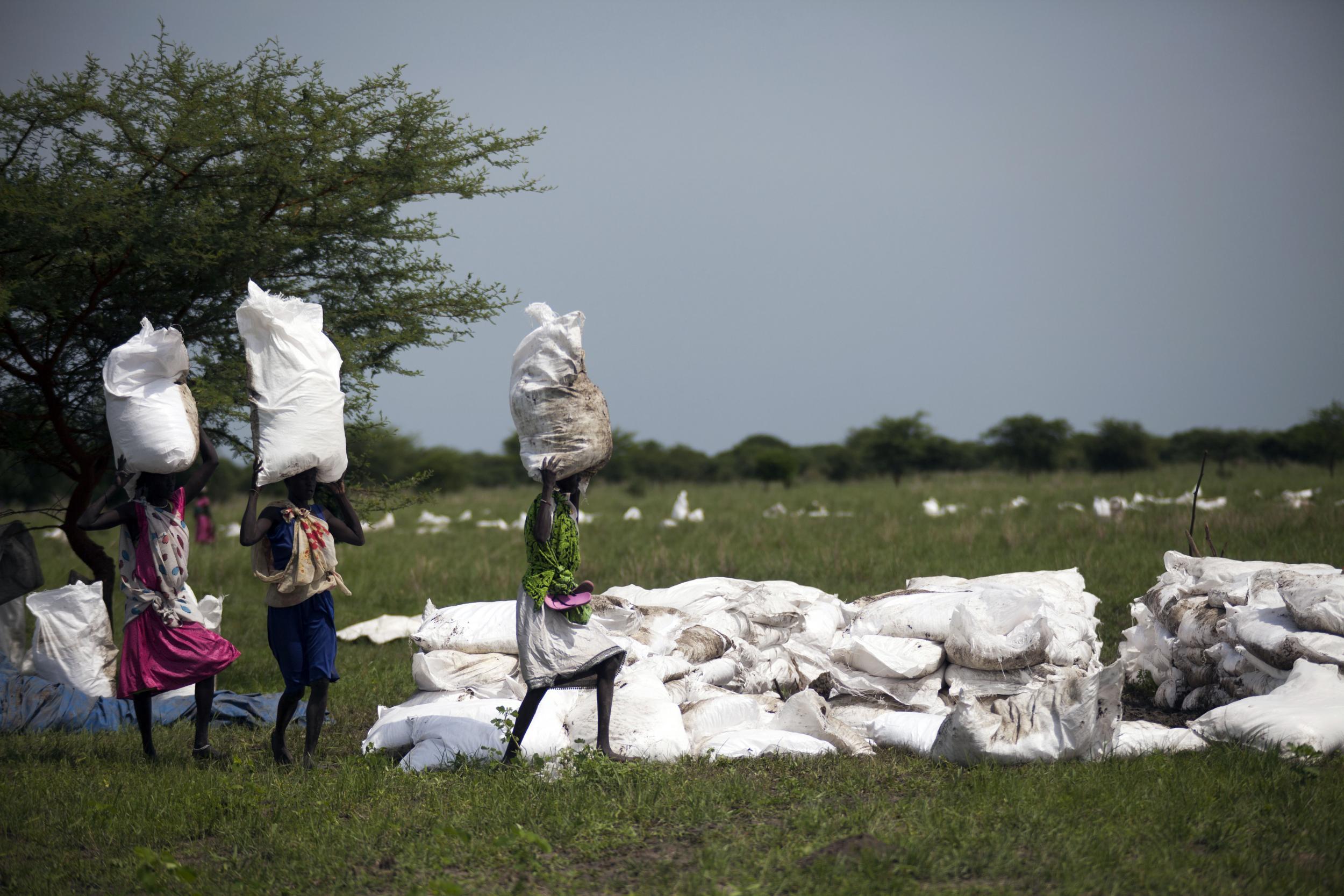Overseas aid spending needs better scrutiny, watchdog warns
The National Audit Office says some Government departments need to improve their processes

Your support helps us to tell the story
From reproductive rights to climate change to Big Tech, The Independent is on the ground when the story is developing. Whether it's investigating the financials of Elon Musk's pro-Trump PAC or producing our latest documentary, 'The A Word', which shines a light on the American women fighting for reproductive rights, we know how important it is to parse out the facts from the messaging.
At such a critical moment in US history, we need reporters on the ground. Your donation allows us to keep sending journalists to speak to both sides of the story.
The Independent is trusted by Americans across the entire political spectrum. And unlike many other quality news outlets, we choose not to lock Americans out of our reporting and analysis with paywalls. We believe quality journalism should be available to everyone, paid for by those who can afford it.
Your support makes all the difference.The Government’s spending watchdog has called for an overhaul in the way aid spending is monitored after it found it impossible to tell whether the £12bn being spent annually is achieving its stated aims.
The National Audit Office (NAO) said it was not possible to assess whether the aid budget spending was making any difference to the Government’s four key development goals because of a lack of measurable performance metrics.
The Government has four main goals in spending British aid: strengthen global peace, security and governance, enhance crisis resilience, promote global prosperity, and tackle extreme poverty.
But the NAO said progress can only be measured for the last aim. “With only one of the four of the UK Aid Strategy’s objectives supported by measurable targets, it is not possible to assess progress in its implementation,” it said.
The watchdog says assessing the spending of the aid is complicated because of its distribution across 14 government departments. The Department for International Development (DFID), which manages the bulk of aid is said to have improved its monitoring processes – but the NAO warns that other departments apparently lack the staff and systems in place to deal with the cash properly.
Sir Amyas Morse, head of the NAO, said: “The Government has decided that departments and cross-government funds other than DFID should have responsibility for expenditure which makes up the 0.7 per cent aid target.
“This means that meeting the target has become a more complex undertaking and the resulting gaps in accountability and responsibility require more effort to manage.
“HM Treasury and DFID, together with other relevant bodies, should now focus on developing ways to demonstrate the overall effectiveness and coherence of ODA expenditure.”
NGOs welcomed the report and said government departments outside of DFID needed to improve their processes. Richard Pyle, head of UK policy at Oxfam, said: “This report shows that too often other departments – to whom the Government is giving increasing volumes of aid – are falling short in this respect.

“No financial increases should be made by ministers to non-DFID departments, without action to improve the transparency and quality of aid they deliver.”
Neil Thorns, director of advocacy at the aid agency Cafod, said: “Given that overseas development assistance is increasingly being spent outside DFID, yet the report notes a lack of clarity about which part of Government is responsible for monitoring overall effectiveness, it’s imperative the Government ensures all aid spending is being held to the same standards of transparency and effectiveness as money spent by DFID.”
Kat Sladden, UK director of the ONE Campaign, which tackles poverty, said: “The progress DFID has made in managing its budget is to be applauded – but more accountability is needed across Government.”
A spokesman for DFID said: “DFID is responsible for 74 per cent of the Government’s ODA spending. Other Government departments have direct responsibility for their share of the development budget and are accountable to Parliament and UK taxpayers for how they spend ODA.
“The International Development Secretary continuously reviews all DFID spending and stops programmes deemed not to be delivering value for money or which fail to meet international development objectives.”
Join our commenting forum
Join thought-provoking conversations, follow other Independent readers and see their replies
13Comments